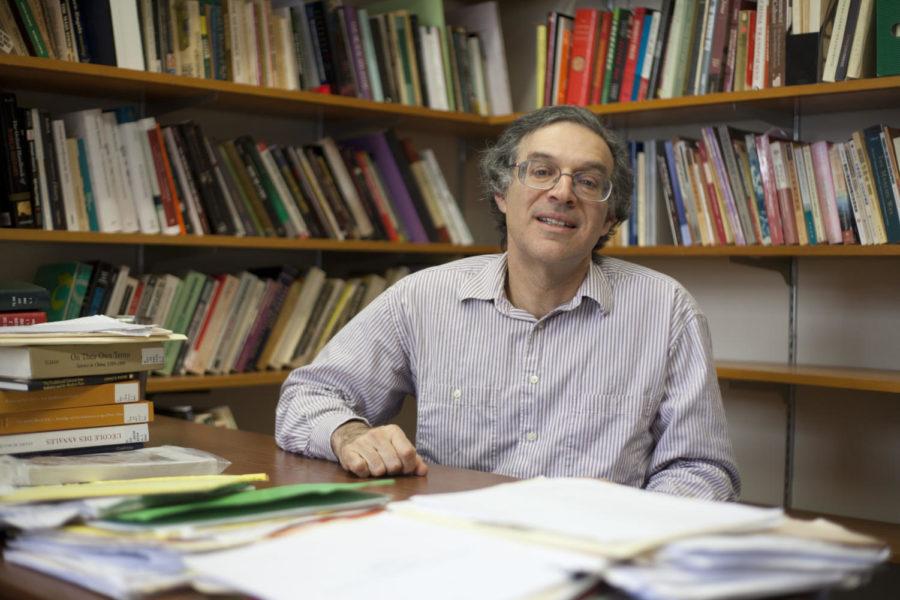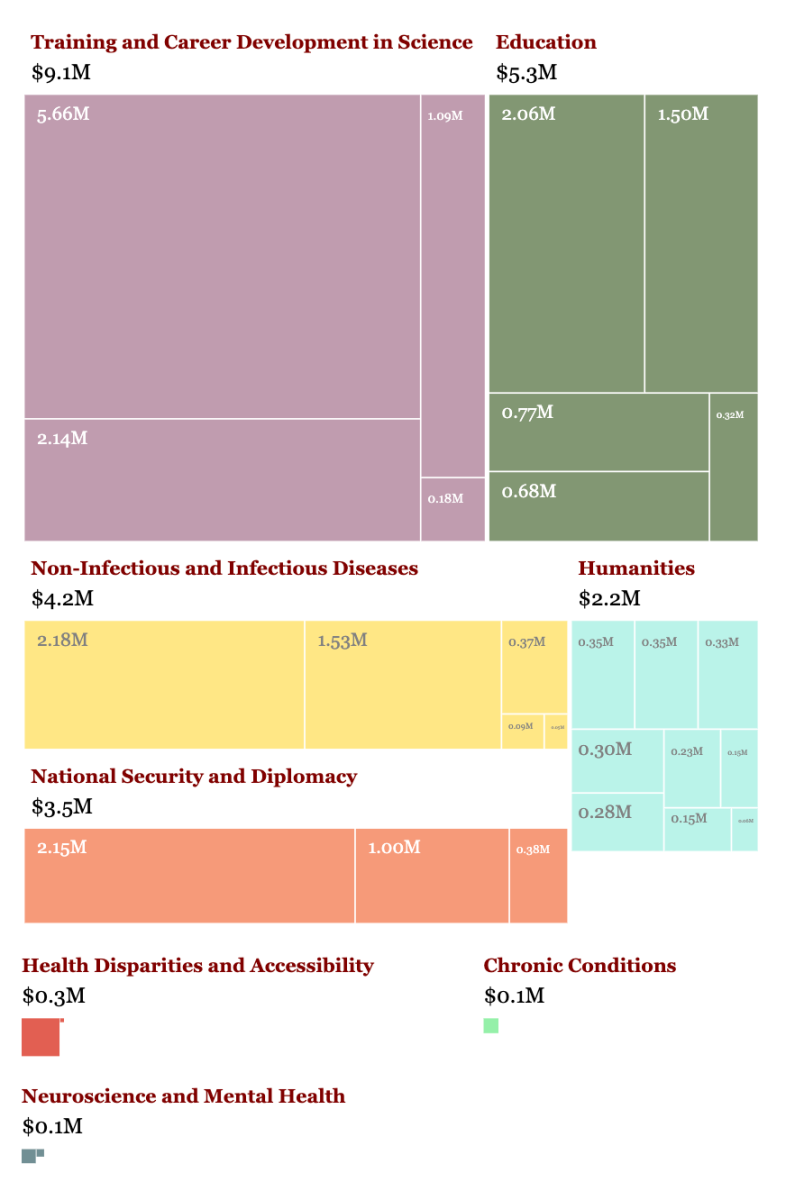GC: Describe your work in three sentences or less.
KP: Most of my work has been trying to trace long-run patterns of economic development, environmental change, state formation, and social structure in China—particularly rural China. One way of thinking about that is looking at particular sets of patterns of land and water rights and how they’re related to the structure of rural communities. Given those rights, you get a certain set of economic patterns that give you on the one hand an extraordinarily successful rural economy, but does not tend to lead to a particularly dynamic urban economy or to industrialization.
GC: Why China?
KP: Oh, that’s a long story. I started out thinking I was going to go to graduate school in European history, and then as a senior I took a China course more or less on a lark and liked it so much that I went to the professor. He gave me a list of 15 books and said, “Read these over the summer and if you’re still interested, knock on the door of a Chinese history professor at your graduate school, tell them what you want to do, and see what they say.” That’s pretty much what I did, and that’s probably the reason why I wound up doing comparative work.
GC: If a student came to you saying he was interested in China or Asia, what would you recommend?
KP: Learn languages while you’re young. I can’t say it too many times. Get the language under your belt, and preferably more than one
GC: You concern yourself with China’s past while everyone else seems to focus on China’s role in the future. How do you react to claims that China is the next big superpower?
KP: China is clearly going to be really important in 21st-century global economics, geopolitics, whether we have a livable climate, and all sorts of other things, and so in that sense they already are a great power. I would also say that China is a society with deep, deep problems, and when we reduce China to this abstraction, this giant individual, we sometimes forget that this is still a society with massive poverty problems, enormous domestic inequality, and huge environmental stresses. Certain indicators of China’s strength are eye-popping, but the amount they have to deal with at home is also just staggering.
GC: You’re a historian by training and practice, but your work seems to intersect a lot of different fields like economics, political science, and sociology.
KP: I think as the work has evolved, what I’ve come to realize is how much it intersects with environmental studies and also with anthropology, as I’ve become more and more convinced that the patterns of land and water rights are so densely interwoven with community structure that you can’t ask which one comes first—they are created together.
GC: If you could live in any place at any time period, what would it be?
KP: Do I get to choose how well off I am? There are many societies in which it would be pretty fun to be a rich person and not at all fun to be a poor one.
GC: Let’s say you’re the average citizen.
KP: I think for a lot of people who grow up historically-minded, the immediately preceding generation seems so interesting. But then you think concretely about what it meant—my parents both fled Germany as teenagers—it was a grim world out there. There’s something heroic and gigantic about that age, but it’s heroic because it’s so terrifying. With Chinese history, the really exciting moment in some ways would be the 10th to 12th–century Song Dynasty, this extraordinary period of ferment where all these things, at least in retrospect, seemed possible. It was a period where the stakes seemed really high and the arguments really mattered.
GC: Have you been able to visit the University’s Beijing Center yet?
KP: Probably during the next academic year; I don’t think I’ll be able to get over there this summer. I try to go to China every year. It’s a place that’s changing so fast that if you don’t go every year you turn around and go “What’s this?”
GC: What are your plans for the next few years?
KP: I’ve got a couple of big projects that are partly done and need to get done. One of them is this slightly crazy book called Why is China So Big?, which gets to the question why does most of the time—not all of the time, but most of the time—this huge chunk of population and territory hold together as one unit. And even when it breaks apart into a half dozen, it only breaks up into a half dozen. Given its size it could easily be 50 and that hasn’t happened in 2,000-plus years.
See the full interview feature here.









